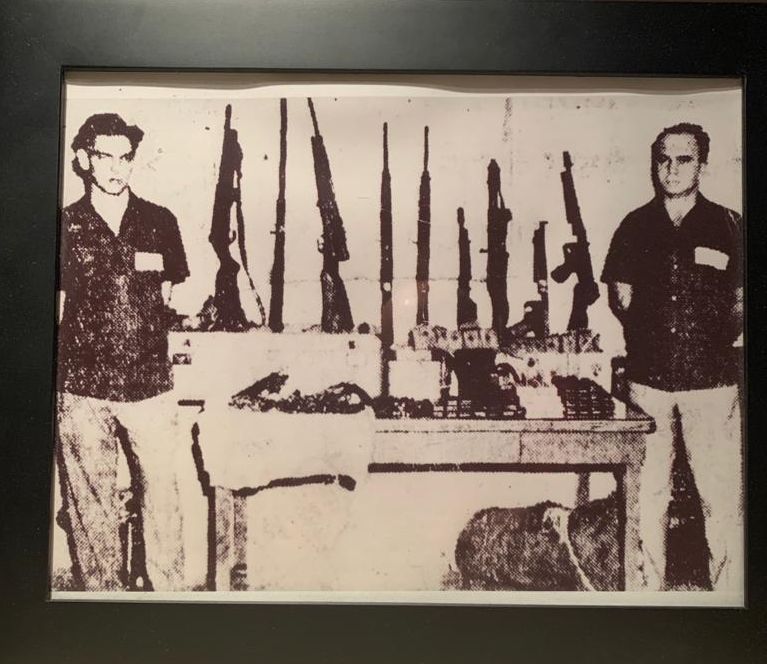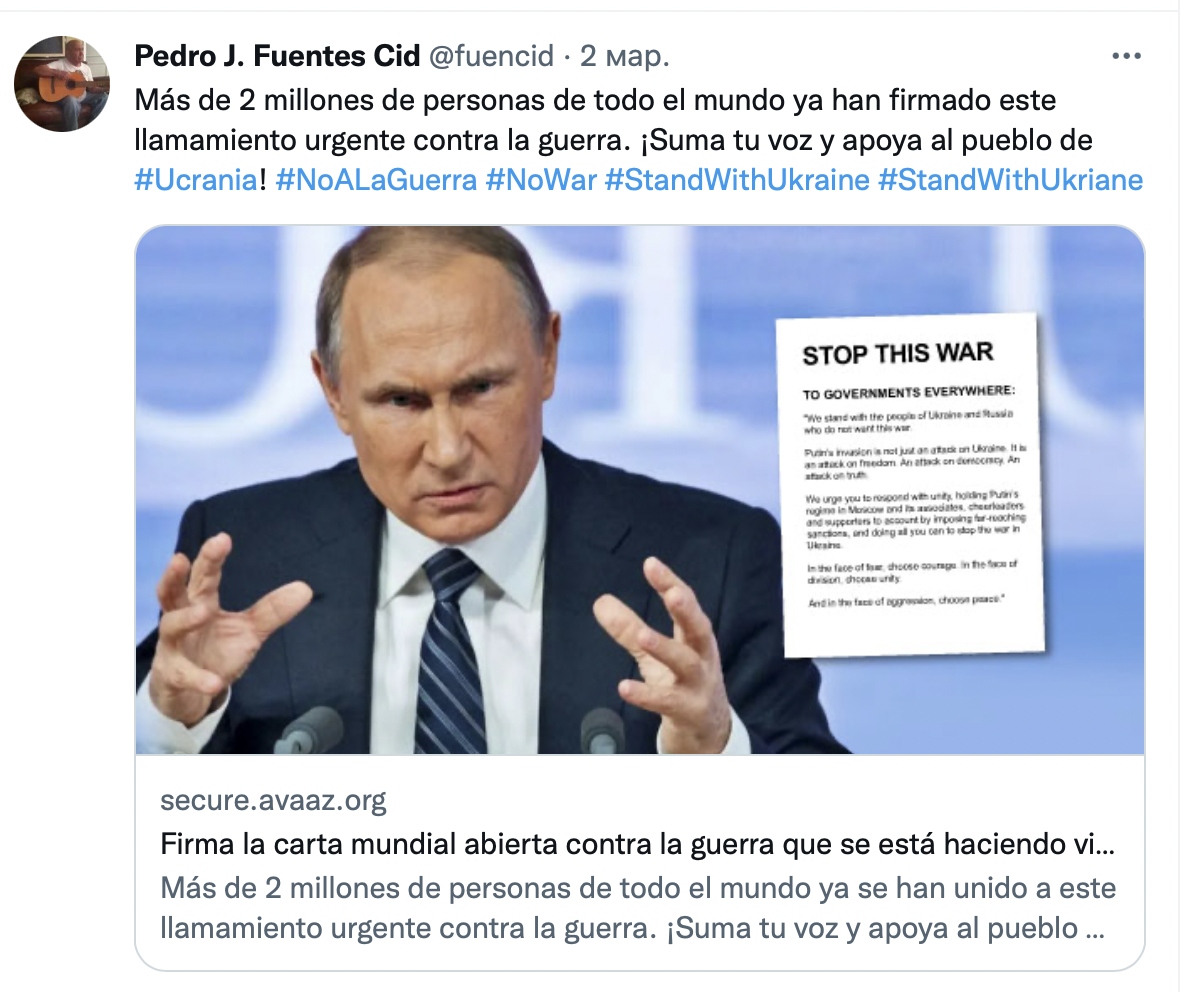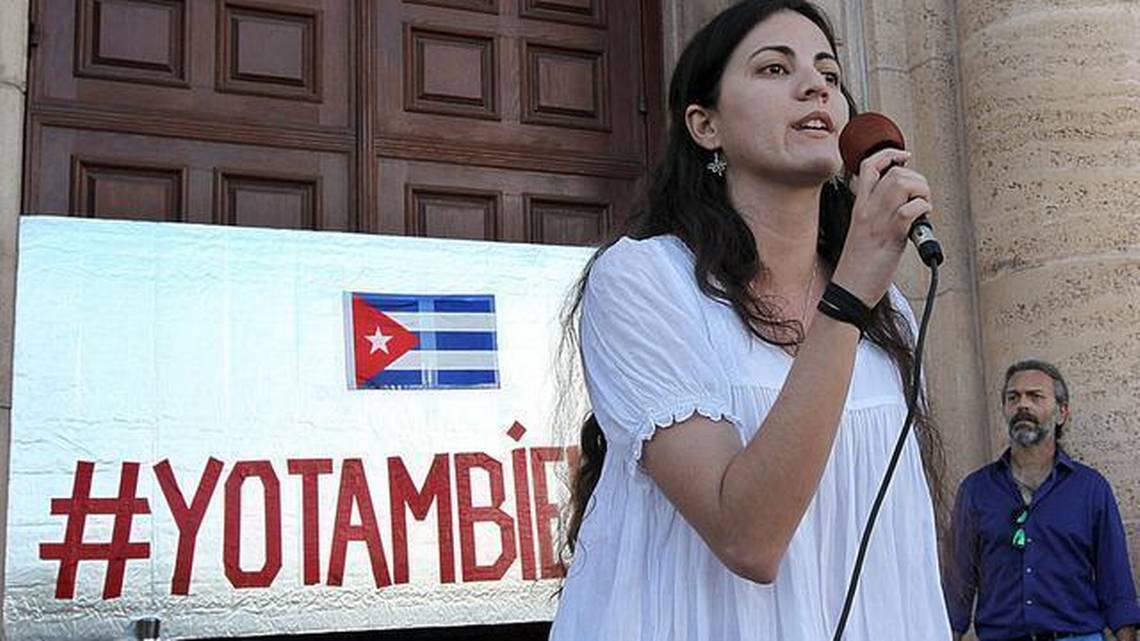Flight from Castro
About half a century ago, American economist Albert Hirschman wrote the book Exit, Voice, Loyalty. In Russian, it came out under the title "Exit, Voice and Loyalty", but its meaning is more accurately conveyed by the translation "departure, protest and loyalty." The Hirschman triad is often remembered when it comes to emigration for political reasons. As you might guess, "withdrawal" in this model is opposed to "protest", which is extremely topical these days, when Russians are actively "voting with their feet" against the Kremlin regime and the war. At the same time, it often seems to the participants in the current online controversy that something exceptional is happening to all of us. Meanwhile, there are many examples of such “outcomes” in history, and one of the most obvious for Hirschman, when he wrote his book, was the flight of Cubans from the Castro regime.
From 1.5 million to 2 million Cubans (that is, 15–17% of their total number in the world) live in the United States, of which much more than half live in Florida, where in some cities, and primarily in Miami, this is the largest ethnic group. Many of them are second and even third generation US citizens. The Cuban community is very influential and plays an independent role in US domestic politics, not to mention its star representatives such as senators Marco Rubio or Ted Cruz.
Although some Cubans moved to the United States in search of a better life long before the 1959 revolution, the diaspora in Florida grew to its current size and took on a characteristic face precisely after Fidel Castro came to power. Some emigrants of the first post-revolutionary wave were wealthy people who managed to partially monetize their assets before nationalization and open a business in a new place. But the majority had to start almost from scratch. For example, Jorge Mas Canosa – later a millionaire and the main lobbyist for the US hardline policy towards the Castro regime – in the first months after leaving Cuba, he made a living washing dishes and delivering milk. Moreover, in those days in Miami, as in other southern cities, racial discrimination still flourished – and in some places it was quite possible to find signs “Negroes and Cubans are not allowed to enter.”
On the other hand, the US authorities from the very beginning went to meet the fugitives: Presidents Eisenhower, Kennedy and Johnson successively passed several laws that allowed the Cubans to legalize relatively quickly. Subsequently, there were many dramatic turns in this story: either Castro almost blocked the exit, then he tried to send criminals and the mentally ill to the United States, then the Americans themselves tightened entry rules – but one way or another, after 1959, compared to other Latin Americans, Cubans always had more opportunities to emigrate to the USA. This stream never dried up, which was reflected, for example, in the cult novels by Wendy Guerra Everyone Leaves and Zoë Valdez Café Nostalgia.
In the early years, the Cubans of Florida seriously counted on a quick return – and although after the failure of the counter-revolutionary landing in the Bay of Pigs (1961), the chances of overthrowing Fidel fell sharply, the phrase "next year in Havana" firmly and for a long time entered the lexicon of emigrants. Most of them have friends and relatives in Cuba, maintain contact with them, send money, medicines, etc., facilitate their travel abroad – and still expect to return to Cuba sooner or later and restore democracy.
After the revolution, former associates of Castro, who for various reasons became disillusioned with their leader, began to join the emigrants. The most famous episode of this exodus was the flight in 1987 of Brigadier General Rafael del Pino, the hero of the Battle of Playa Giron, the illustrious commander of the Cuban Air Force during the war in Angola. Del Pino brought his family to the military airfield, put them on a Cessna plane, sat at the helm and flew towards the United States, where he landed safely in Key West.
Less fortunate was Pedro Fuentes-Cid, a participant in the revolution, who actively supported Fidel against the pro-American dictator Batista, but did not forgive him for turning towards communism and the USSR. In early 1961, with his like-minded people, he began to prepare for an armed uprising against Castro, but their plan was exposed. Fuentes was arrested and sentenced to 60 years in prison. As he himself told The Insider, this was a great relief, because he expected to be shot.

In the Cuban camps, Fuentes survived by a miracle, having spent 16 years in hard labor, but then he was released on parole and after some time with great difficulty got through Venezuela to the United States, where his wife and son were waiting for him, whom he had not seen until that moment. In Florida, Fuentes received a law degree and opened a private practice. Now he has many grandchildren and great-grandchildren who are fully integrated into American life, but all of them, according to him, do not lose hope of returning to Cuba.

Faces of the Diaspora
With a high level of politicization of the Cuban diaspora, it does not have one leading organization or undisputed leaders of public opinion. The first-wave emigrants and their children, as a rule, the most successful economically and historically associated with the US Republican Party, have a relatively large influence. In the 1980s, the Cuban American National Foundation (CANF), founded by the already mentioned Mas Canosa, played a significant role, but after his death in 1997, according to Fuentes, this organization has significantly lost its position. In his opinion, the new leader of the nation will be the nominee of the protesting people in Cuba itself. However, in recent years, 33-year-old Rosa Maria Paya, the daughter of prominent Cuban dissident Oswaldo Paya, who died in a possibly staged car accident in 2012, has come to the fore. After the death of her father, Rosa Maria and her mother moved to the United States, although Paya visits Cuba from time to time. Now she is one of the most famous speakers of the Cuban diaspora, her organization Cuba Decide (“Cuba decides”) stands for the organization of a national referendum on the return of a multi-party system and the rule of law.

So far, the communist regime has managed to demonstrate amazing vitality. Castro managed to stop the most serious crisis after the collapse of the USSR and the cessation of Soviet aid. In 2008, due to illness, he handed over the reins to his brother Raul. After Fidel's death in 2016, many hoped for change, especially after the relatively young successor to the Castro brothers, Miguel Diaz-Canel, became president in 2019. But Diaz-Canel continued the old policy with all the delights of an administrative communist economy – a shortage of goods, poverty and repression. In July 2021, a wave of mass protests swept through Cuba, the reason for which was the interruption in the supply of food and medicine caused by the Covid-19 pandemic. There has been nothing like this on the island for many years, but the authorities brutally suppressed the riots, several people died. The protesters' slogan Patria y Vida ("Motherland and Life"), symbolically opposed to the well-known revolutionary Patria o Muerte ("Motherland or Death"), has gone viral among the Cuban diaspora – and especially among young people. The Insider's interlocutor from Canada said that her daughter, who had never been to Cuba, enthusiastically participated in solidarity actions, got herself a Patria y Vida tattoo and dreams of changes in her historical homeland no less than her parents.
At the same time, some of the Cuban emigrants – especially in Europe and Latin America – are wary of the United States. For example, one of The Insider's respondents in Mexico, while willingly talking about the various problems and shortcomings of current life in communist Cuba, expressed great doubts that the diaspora in Florida could affect the future of the country. In his opinion, the historical guilt of the US "imperialists" before Cuba (as well as before many other countries of Latin America) is too great, and even now official Washington – and hence the American Cubans associated with it – are not concerned about the problems of their southern neighbors, but exclusively about their own. interests. Of course, the regime in every possible way fuels and exploits these anti-immigrant sentiments.
60 years of waiting
Many in the world – and especially people who grew up in the Soviet system – are still under the spell of the romantic revolutionary image of Fidel, Che Guevara and their associates, so the comparison of the Cuban dictatorship with the current Kremlin cabal seems to some to be a stretch. Meanwhile, the Cuban military intervention in Angola alone is impressive in its scale: in 13 years (1975-1988), about 370 thousand Cuban soldiers and officers visited there (now the total number of the Cuban army is 50 thousand people), a bloody civil war in which Castro supported pro-Soviet leaders Neto and dos Santos, claimed the lives of many tens of thousands of Angolans. The "revolutionary help" of the Havana Comandantes also left its mark in Ethiopia and, of course, in a number of Latin American countries. In Cuba itself, the regime destroyed, according to various estimates, from 11,000 to 14,000 Contras.
The history of the Cuban exodus in the United States is made up of the tragedies of tens of thousands of separated families, dramatic flight at serious risk to their lives, longing for their warped homeland — a longing that is paradoxically reproduced in new generations of emigrants — and the impressive strength of people who managed not only to preserve their collective identity in the new place, but also to make it valuable for the host country. Cuban Americans have made and continue to make a significant contribution to the economy, politics and culture of the United States – while, contrary to the Hirschman model, by no means losing touch with their historical homeland and exerting a noticeable influence on it.
Cuban Americans have made significant contributions to the economy, politics, and culture of the United States
It is clear that for people who have recently left Russia, the example of 60 years of Cuban exile looks frightening. However, the probability of such a long-term perspective is much higher than zero, and even a heavy defeat of the Kremlin regime in the Ukrainian war may not guarantee a return. It is worth noting that Saddam Hussein, after a complete defeat in the first Gulf War in 1991, managed to stay in power for a long 12 years. Given this circumstance, the experience of Cuban emigration at least deserves careful study – and, probably, could become a worthy model for Russians who left their country.
So far, however, most of the main speakers of the opposition Runet are consciously or intuitively focused on "Russian" politics, opposing "immigrant" politics to it as something, by definition, secondary and petty. Mirage "next year in Moscow" will not give rest to Russian emigrants for a long time.


